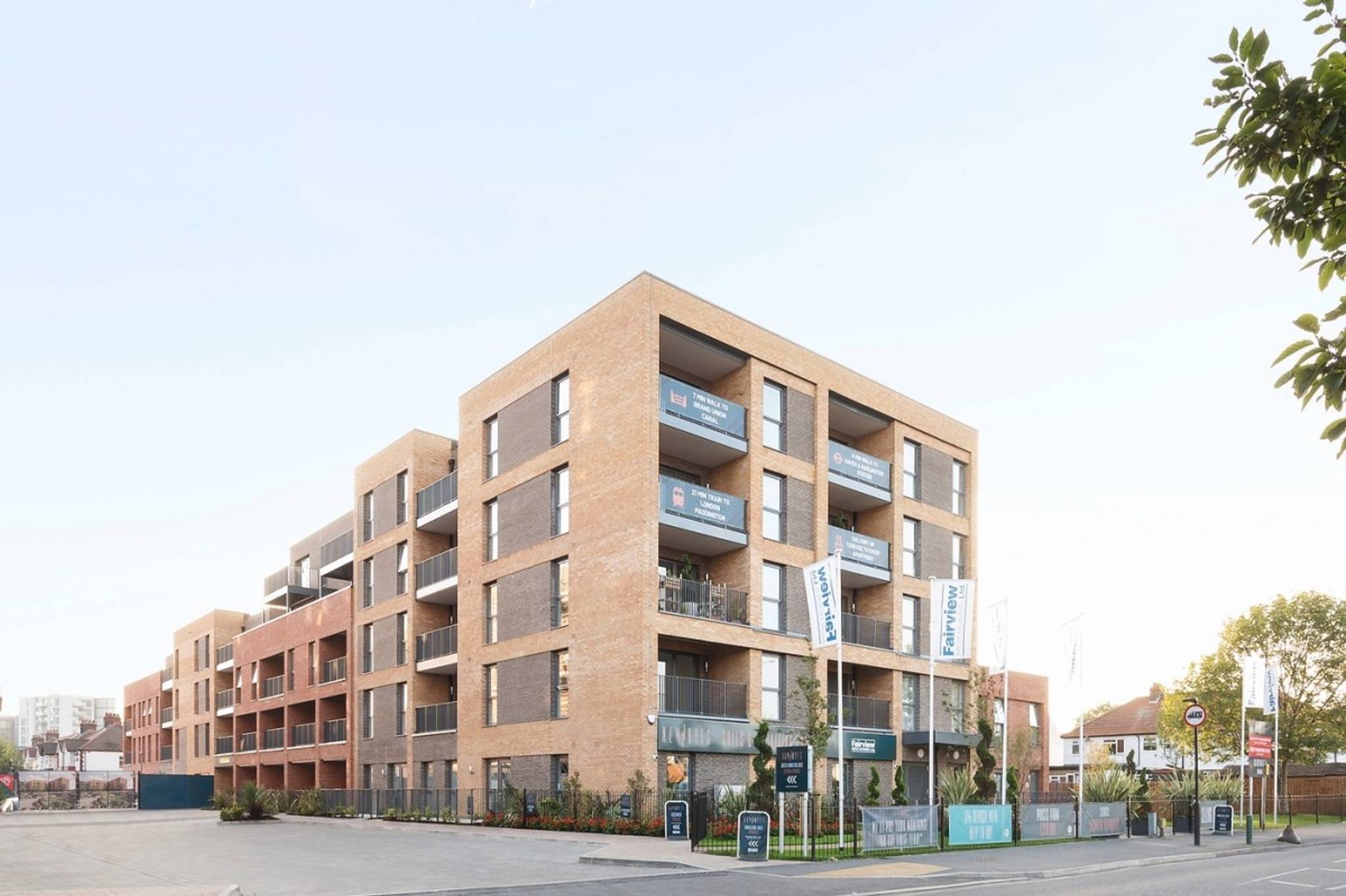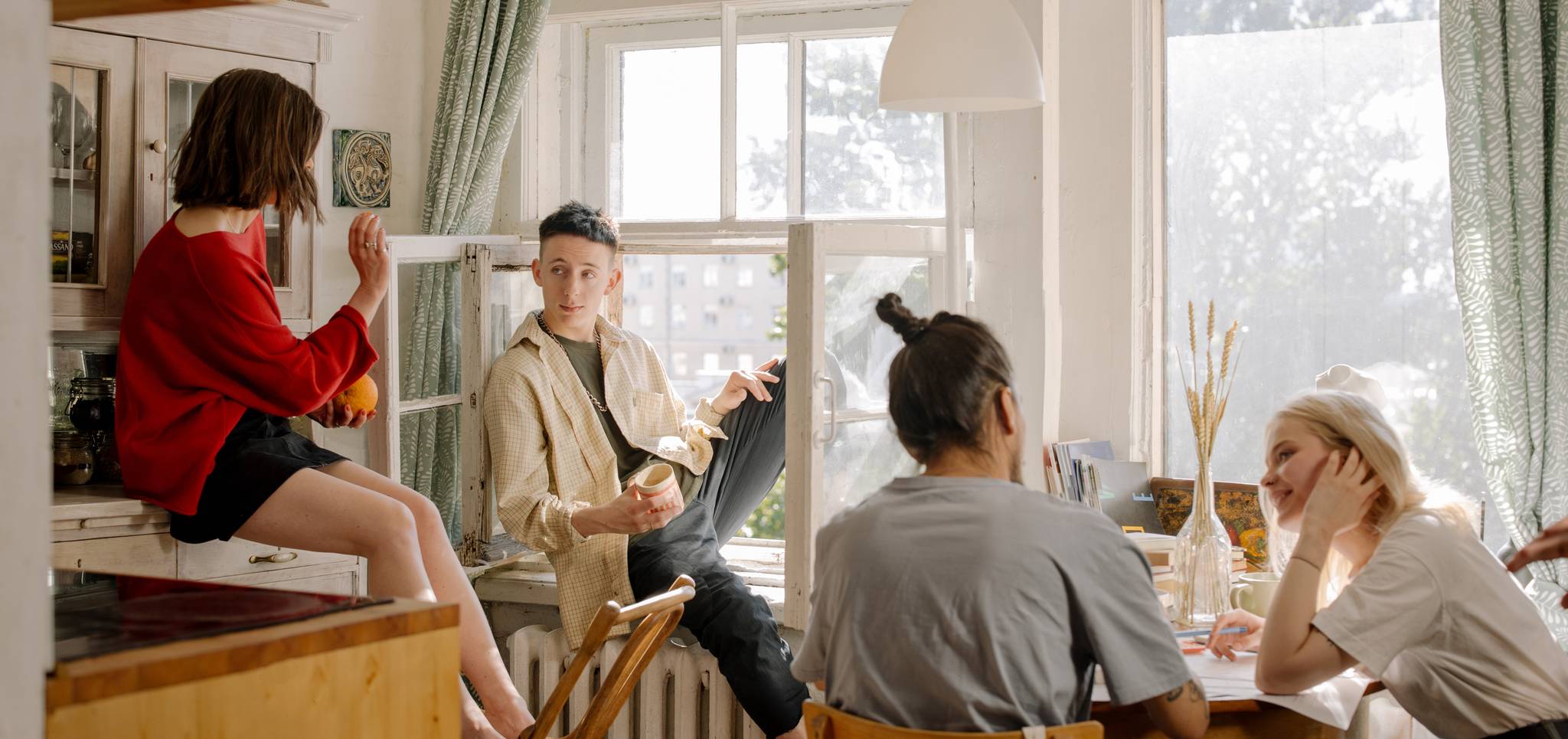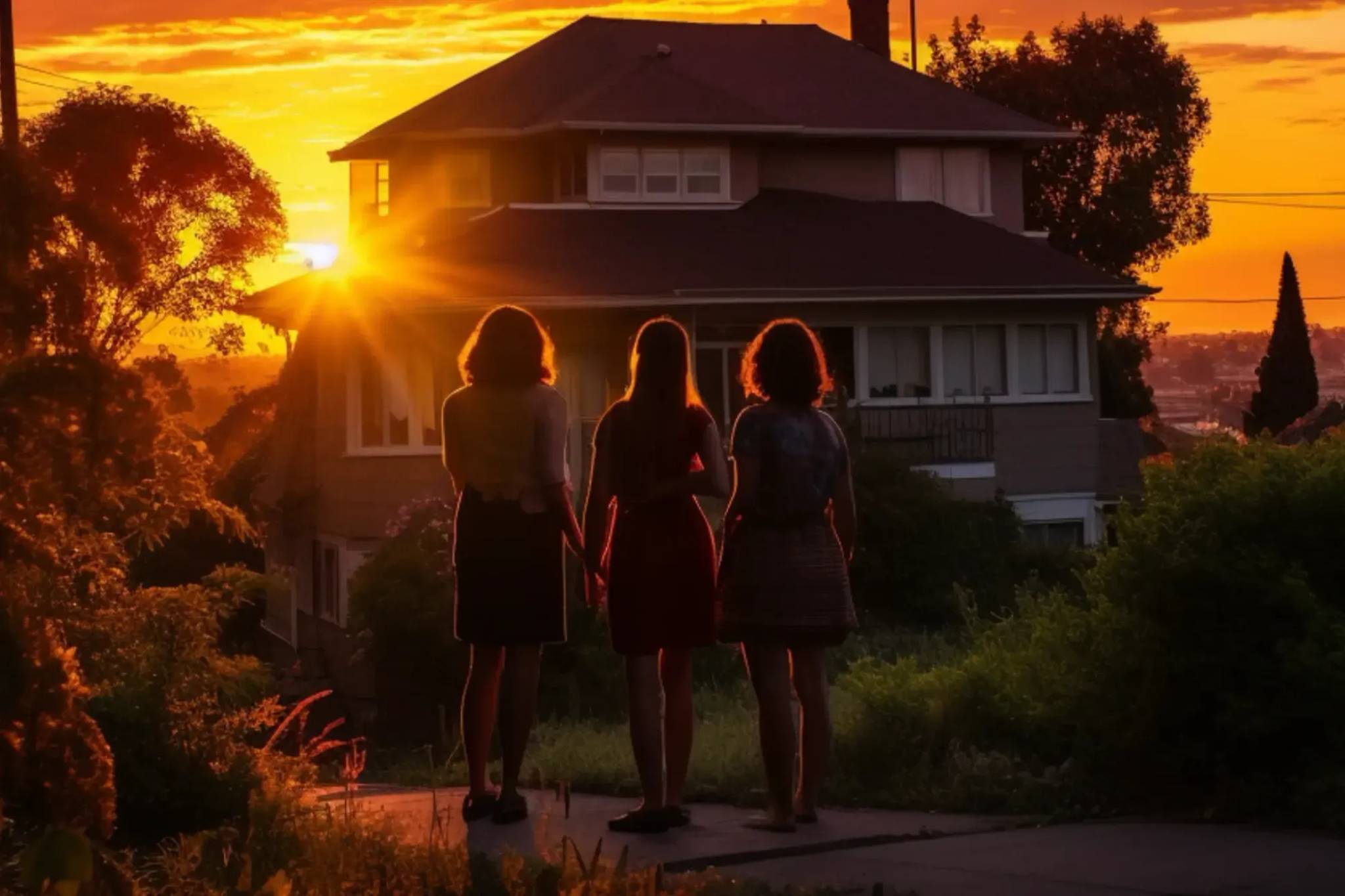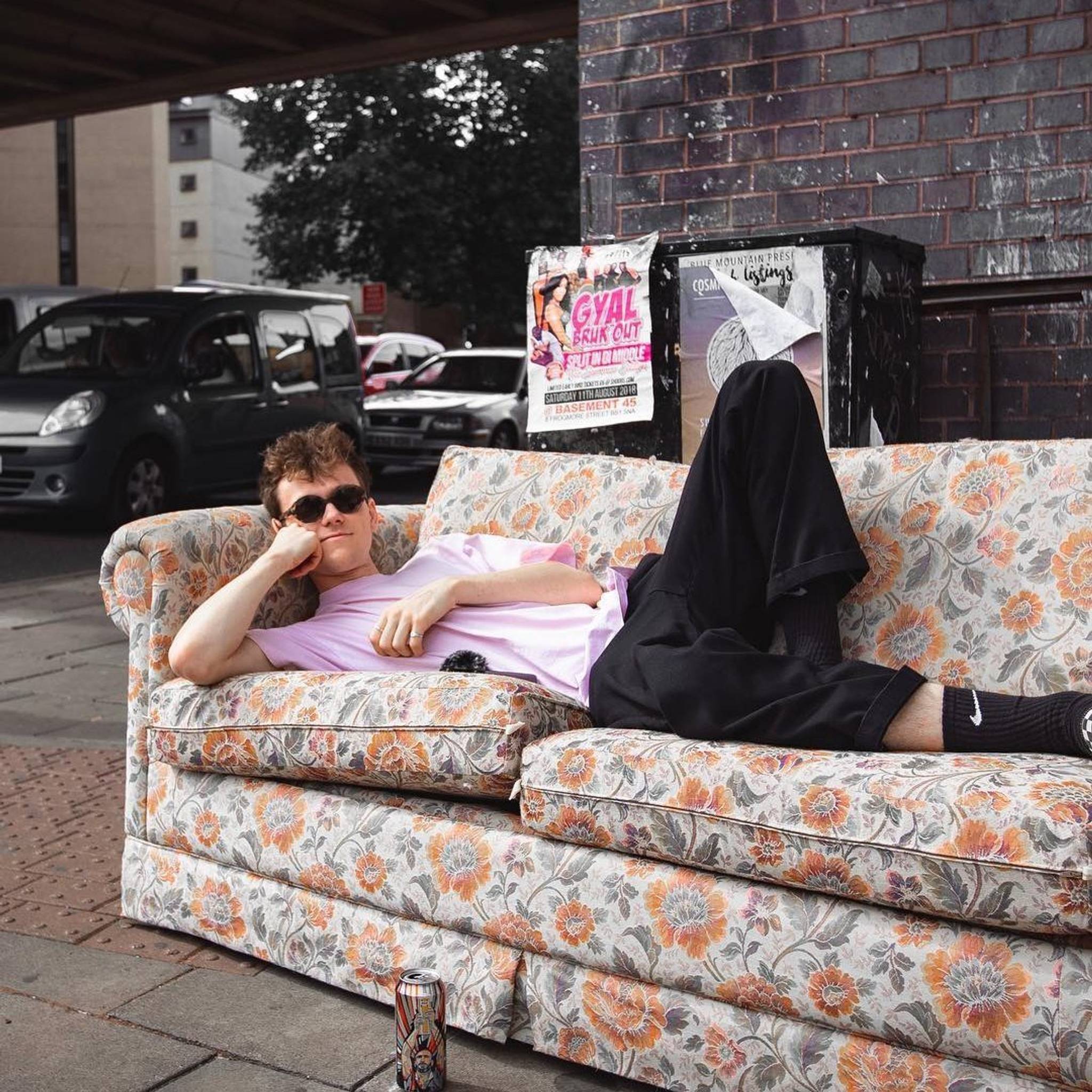
Young adults are living with their parents at rates not seen for decades, but what's with the rise of Gens Y and Z moving back home? For most, the trip back to childhood bedrooms is due to increasingly high living expenses. But thankfully, moving back in with your folks is becoming less stigmatised.
Nearly half of young adults in the US live with their parents – that’s the highest proportion of 18-29-year-olds living at home since the 1940s. And the reason young adults are moving back into their childhood homes in record numbers? That would be down to finances and an unstable economy.
The total balance of student loans in America has increased by 66% over the last decade and 57% of people in the US with an outstanding student loan believe they need to make more money to afford it.
Meanwhile, the affordable housing crisis is so dire that 70% of people in the US say that adults today have a harder time buying a home than their parent's generation. Note to Boomers, the prospect of owning a home seems like such a foreign concept to young people that it’s entered the realm of fantasy.
For Gen Y and Z who are already dealing with soaring levels of milestone anxiety, the pressure to reach conventional life goals such as marriage, having a family or owning a home feels further and further out of reach. And despite making the conscious decision to move home, one TikTok user describes living with their parents as “being trapped in your 16-year-old life.”
For most young people, the compromises they make when they move back home seem trivial in the grand scheme of things. However, with the political opinions of Gen Z diverging from their parents and Gen Y not following the well-worn pattern of ageing into conservatism, it stands to reason that things could get a little frosty.
Most commonly though, the biggest pet peeve Generation Boomerang experience when moving back home is a lack of privacy and a destabalisation of their adult lives.
But despite opposing political and moral views and the historical stigma associated with living at home as an adult, young people are flipping the script and are beginning to own the entire experience. They’re speaking frankly about the economic reality that has forced them into this situation, and one ‘living with your parents in your 20s core’ TikTok video has racked up 5.4 million views and counting.
There's also a bit of a nostalgic pull in moving back home. At a time when housing insecurity and poor mental and physical health are impacting younger generations, many are finding value in the wellbeing benefits and lifestyle perks they get when living at home – even if these things aren't conventionally luxurious. For some, just having leftover chicken for lunch can feel like a feast.
What often gets lost in this narrative centred on Gens Y and Z ageing is the fact that their parents are ageing too. And in one of the more wholesome, if slightly morbid, outcomes of the boomerang effect, young people are cherishing the time they have with their parents as they age.
So for Gen Yers and Zers moving back home, isn’t the backwards step in life people used to think it was. In fact, it has become an empowered choice for many as values and life goals start to shift.
Maybe younger generations are moving home to save money. Maybe they’re doing it to improve their lifestyles and get a wellbeing boost, or maybe they’re doing it to spend some quality time with their loved ones. Whatever the reason, this is challenging people's perceptions of what living at home well into adulthood looks like.
Are all young people overjoyed by the idea of moving home? No, definitely not. But at the very least, they are coming to terms with the idea. And until young people have more economic freedom and money to spend on things such as rent and home ownership, intergenerational living looks set to stick for the foreseeable future.



